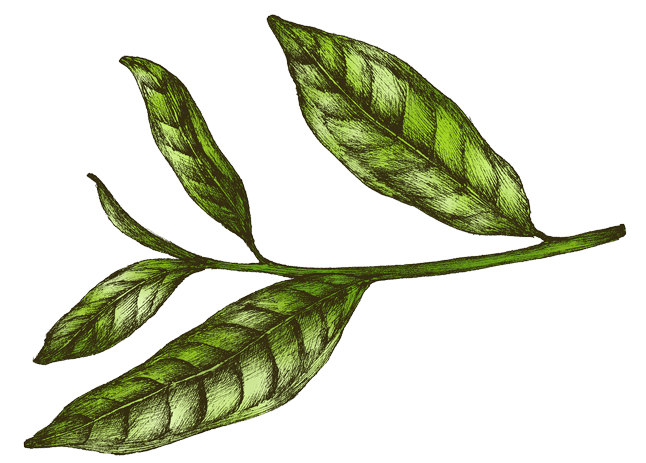Food is an essential part of our daily lives, providing nourishment and sustenance. But have you ever stopped to think about the history and evolution of the food we eat? From the simple act of foraging for fruits and vegetables to the complex culinary creations of today, the journey of food is a fascinating one.
The Origins of Food
The story of food begins thousands of years ago, when early humans relied on hunting and gathering for survival. They would search for edible plants, fruits, and nuts, and hunt animals for meat. This primitive form of food acquisition laid the foundation for the development of agriculture.
As humans settled into agricultural communities, they began to cultivate crops and domesticate animals. This shift from a nomadic lifestyle to a sedentary one marked a significant turning point in the history of food. With the ability to grow their own food, humans could now sustain larger populations and create more stable societies.
The Evolution of Cooking Techniques
With the advent of agriculture came the need for cooking techniques. Early humans discovered that by applying heat to food, it became more palatable and easier to digest. They started using fire to cook meat and vegetables, unlocking a whole new world of flavors and textures.
Over time, cooking techniques evolved and became more sophisticated. The invention of pottery allowed for the creation of pots and pans, making it easier to cook and store food. The discovery of spices and herbs added new dimensions to culinary creations, enhancing the taste and aroma of dishes.
Cultural Influences on Food
As civilizations developed, food became intertwined with culture and identity. Different regions and countries developed their own unique cuisines, influenced by factors such as geography, climate, and available resources. Each culture brought its own flavors, techniques, and traditions to the table.
Exploration and trade further shaped the evolution of food. The discovery of new lands and the establishment of trade routes led to the exchange of ingredients and cooking techniques. Foods like potatoes, tomatoes, and chili peppers, which are now staples in many cuisines, were introduced to different parts of the world through these interactions.
The Modern Food Industry
In the modern era, the food industry has undergone significant changes. Advances in transportation and technology have made it possible to access a wide variety of ingredients from around the world. This globalization of food has resulted in fusion cuisines and a blending of flavors from different cultures.
However, the industrialization of food has also raised concerns about the quality and sustainability of our food sources. Mass production, chemical additives, and genetically modified organisms (GMOs) have become topics of debate, prompting a growing interest in organic and locally sourced food.
The Future of Food
As we look to the future, the evolution of food continues. With advancements in technology, we are witnessing the rise of alternative food sources such as lab-grown meat and plant-based proteins. Sustainability and environmental impact are becoming increasingly important considerations in our food choices.
Furthermore, the way we consume food is changing. The popularity of food delivery services and meal kits reflects our desire for convenience and variety. Social media has also played a significant role in shaping our food culture, with the rise of food influencers and viral food trends.
In conclusion, the history and evolution of food is a captivating journey that spans thousands of years. From humble beginnings to the complex and diverse culinary landscape of today, food has shaped our cultures, traditions, and identities. As we navigate the challenges and opportunities of the future, our relationship with food will continue to evolve, reflecting our changing values and aspirations.
